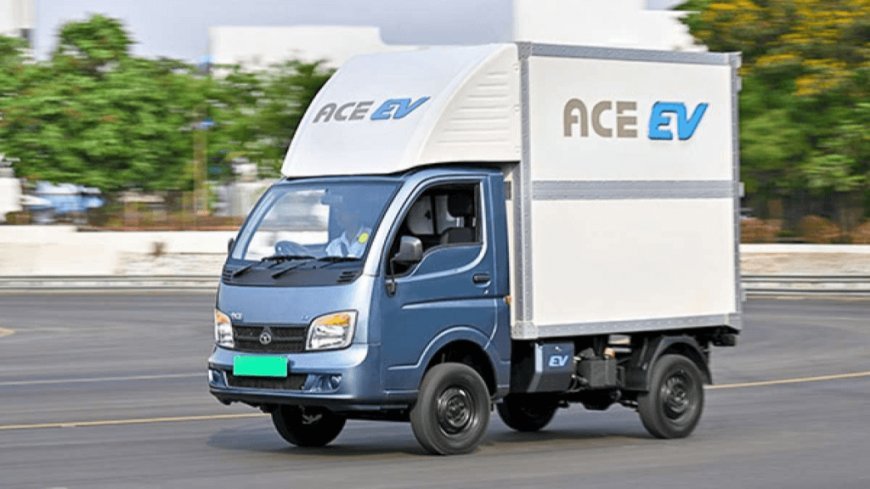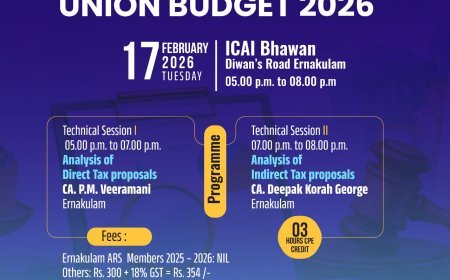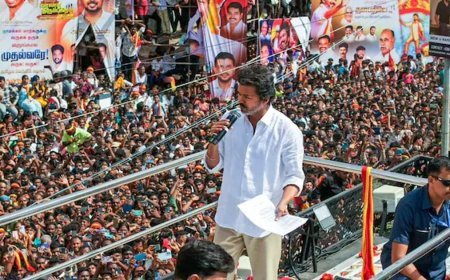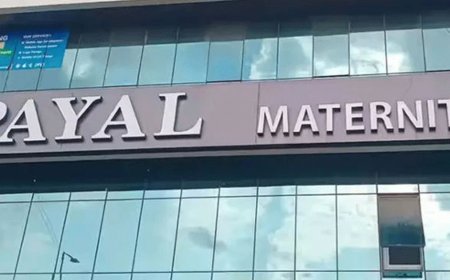India Launches First-Ever Electric Truck Incentive Scheme to Boost Green Mobility and Cut Carbon Emissions
In a major push towards green mobility and zero-emission transportation, India has launched its first-ever Electric Truck Incentive Scheme under Prime Minister Narendra Modi’s e-Drive initiative. Announced by Union Minister HD Kumaraswamy, this scheme offers financial incentives of up to ₹9.6 lakh per electric truck in the N2 and N3 categories. The move aims to drastically reduce carbon emissions, improve air quality, and encourage domestic EV manufacturing under the Atmanirbhar Bharat scheme. Key sectors such as logistics, cement, steel, and ports are expected to benefit. Leading manufacturers like Tata Motors, Ashok Leyland, and Volvo Eicher are actively involved. This initiative supports India’s target of achieving net zero emissions by 2070.

In a major step towards Prime Minister Narendra Modi's green mobility goal, India's first electric truck (e-truck) incentive scheme has been launched. The e-truck scheme has been introduced as part of the Prime Minister's e-drive initiative. The scheme was announced by Union Minister for Heavy Industries and Steel HD Kumaraswamy.
The scheme provides financial assistance for purchase of electric trucks in N2 and N3 categories. The scheme aims to reduce carbon emissions and promote alternative modes of transport that do not create air pollution. Although diesel trucks account for only three percent of the trucks running in the country, they account for 42 percent of the transport-related carbon emissions. The move to electric is crucial for India’s environmental goals.
Under the e-Truck Incentive Scheme, financial incentives will be provided for the purchase of electric trucks with gross vehicle weight ranging from 3.5 tonnes to 55 tonnes. The maximum subsidy has been fixed at Rs 9.6 lakh per vehicle. This amount will be given as an upfront discount on the price of the vehicle. The scheme will be made available through the PM e-Drive portal on a first-come, first-served basis.
It will also include strict warranty guidelines to ensure reliability. The batteries will be covered by a warranty of five years or five lakh kilometers, and the vehicles and motors will be covered by a warranty of five years or 2.5 lakh kilometers. The mandatory scrapping of old and polluting trucks also highlights the environmental significance of the project.
5,600 e-trucks have already been deployed. It is estimated that 1,100 e-trucks have been deployed in Delhi alone at a cost of Rs 100 crore. The project targets key sectors such as cement, steel, ports, logistics, etc. Leading manufacturers like Tata Motors, Ashok Leyland and Volvo Eicher are already active in the sector to promote domestic manufacturing under the Atmanirbhar Bharat scheme.
Central Public Sector Undertaking SAIL has decided to purchase 150 e-trucks. The company also aims to convert 15 per cent of its leased vehicles to electric.
The scheme aims to reduce logistics costs, reduce carbon emissions and improve air quality. The scheme is also expected to help accelerate the work to take India to net zero emissions by 2070.
What's Your Reaction?












































































